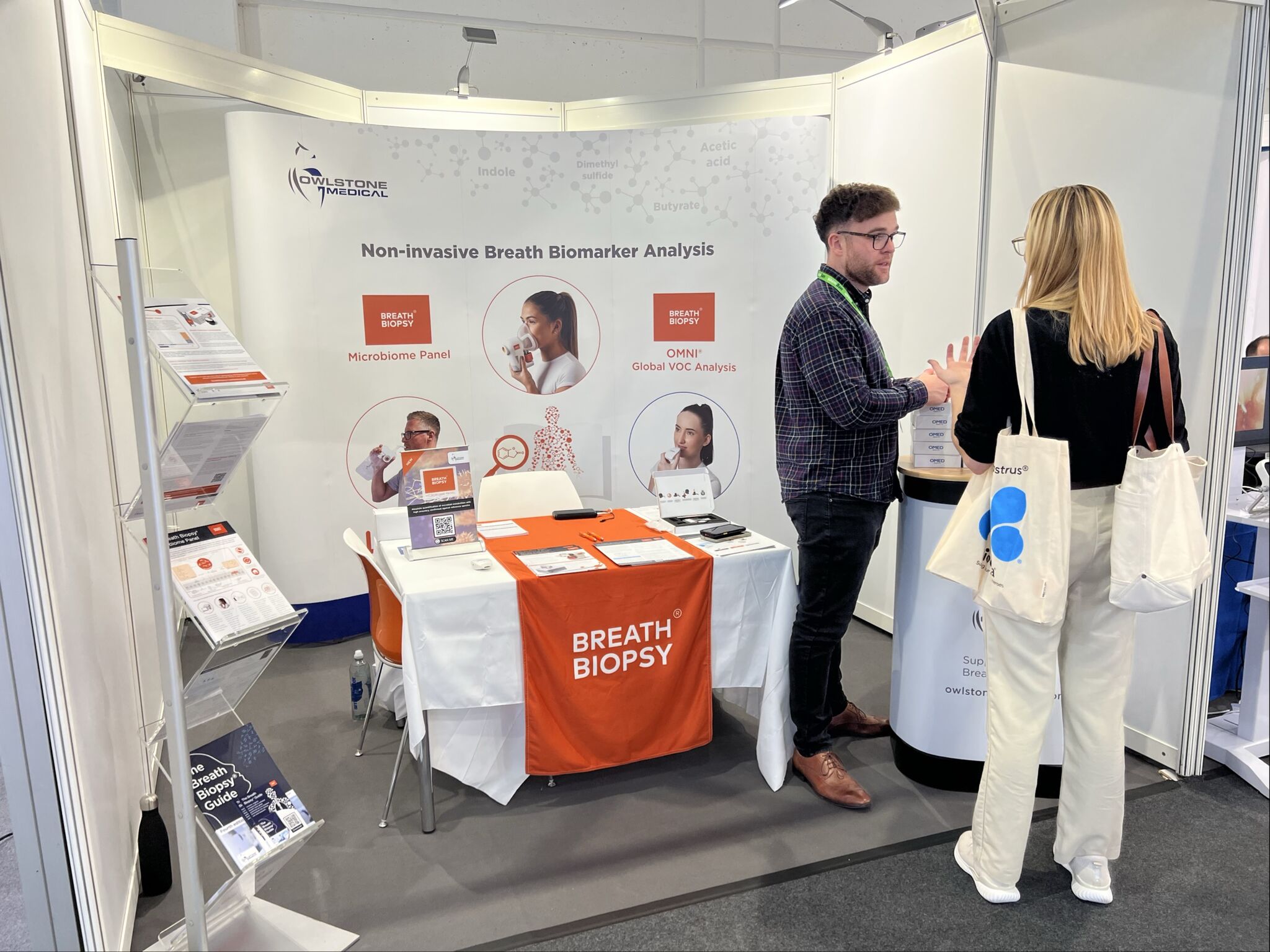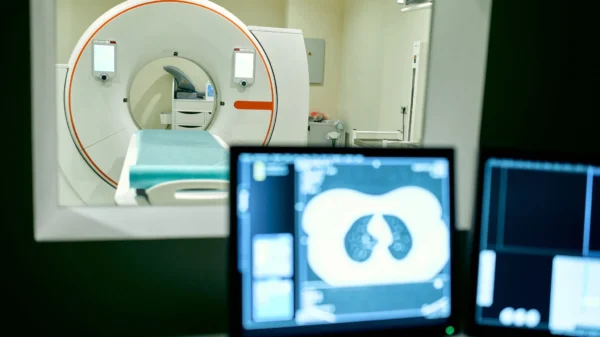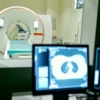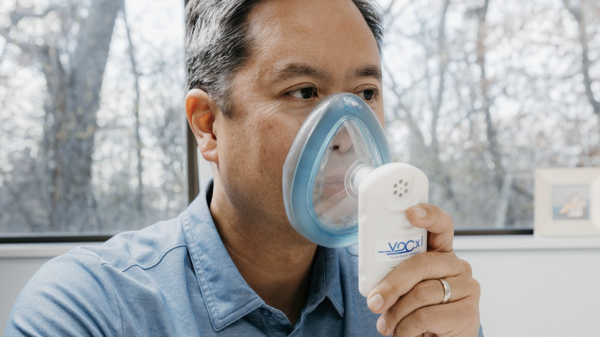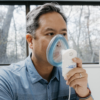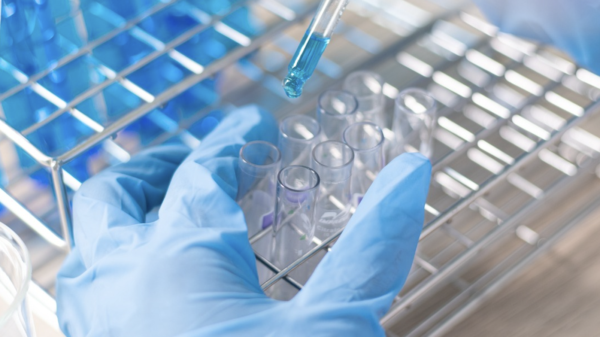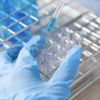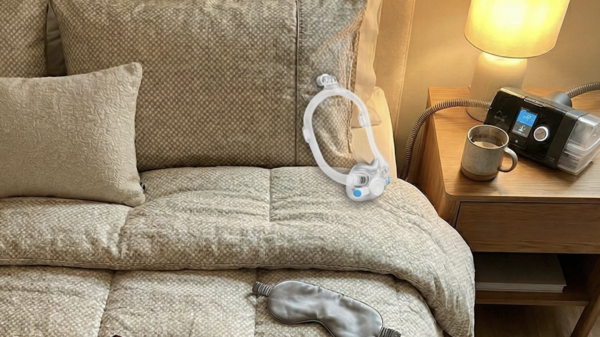The American government has awarded British medtech operator Owlstone Medical with a hefty sum to propel development of at-home multi-cancer breath and urine tests.
On Oct. 6, the screening technology developer announced that it was receiving up to US$49.1 million for its contributions to the Platform Optimizing SynBio for Early Intervention and Detection in Oncology (POSEIDON) initiative. The Advanced Research Projects Agency for Health (ARPA-H), a U.S. government agency, is providing the funding.
“This revolutionary program seeks to change how and when people are screened for cancer, giving every American the chance to test themselves long before they have symptoms,” ARPA-H said.
Through participation in POSEIDON, Owlstone will focus on the development of synthetic-sensor-based multi-cancer early detection tests for Stage I detection of over 30 types of solid tumours, as specified by the company.
“The project involves the inhalation of a mix of pan-cancer and tumor-specific synthetic sensors from a single-use inhaler, which then circulate throughout the body and accumulate on the surface of cancer cells,” Owlstone explained in its news release on the subject.
“The reporters produced by the sensors are either DNA-based which act as a readable barcode, or a set of volatile organic compounds (VOCs), supporting the detection of 36 cancers in total.”
Owlstone will not be working alone on this tech development endeavour. The company has partnered with MIT, Boston University, Georgia Tech, cancer diagnostics specialist ‘Qurin’ and IT operator Planned Systems International to complete the workload.
“This revolutionary funding effort brings together experts in synthetic biology, oncology, medical devices, big cancer data and commercialization to create test kits that will transform how and when people are screened for cancer,” said POSEIDON Program Manager Ross Uhrich.
Owlstone was selected for this program because of success the company has already achieved with its reCIVA Breath Sampler VOC analysis and EVOC Probes technology. reCIVA has been validated in over 100 clinical research sites and integrated into major trials.
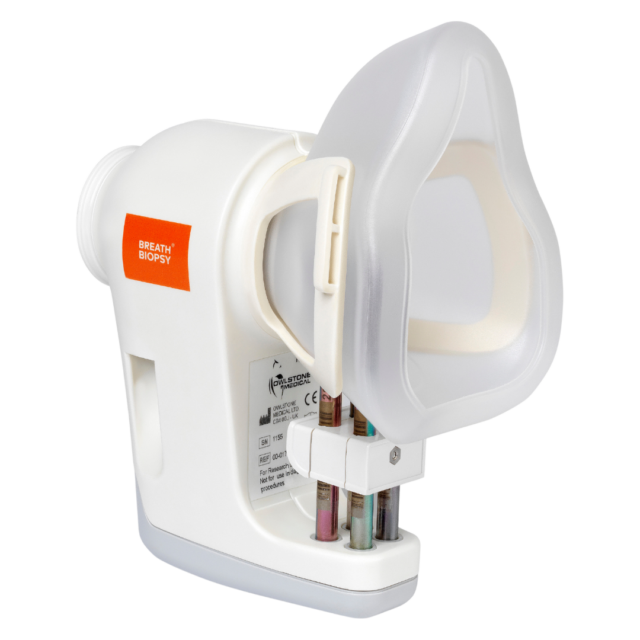
ReCIVA breath sampler. Image credit: Owlstone Medical
CEO highlights money saving potential
Building on this technology, Owlstone’s involvement in POSEIDON could potentially reduce the burden of cancer on the global healthcare sector.
“It’s better for patients, and it could also save the healthcare system enormous sums of money,” said Owlstone CEO Billy Boyle on Monday. “Annual cancer care costs in the U.S. alone are expected to jump up to US$240 billion by 2030.”
Boyle’s involvement in the cancer detection field was largely inspired by the passing of a close family member who lost their battle with colon cancer.
Owlstone’s top competitors are Kentucky-based Breath Diagnostics and Canada’s Breathe Biomedical.
Read more: Breath Diagnostics leaders promote their mission at Miami investment conference
POSEIDON will involve multiple parties
In addition to the efforts of Owlstone and its partners, Carnegie Mellon University, Grafton Biosciences and the non-profit science research institute SRI International will also be contributing.
Carnegie Mellon has partnered with Ginkgo Bioworks Holdings Inc (NYSE: DNA) to develop orally-administered probiotic sensors. They will release bespoke barcodes for urine-based detection with a custom chip, as specified by ARPA-H.
Meanwhile, Grafton will be working on inhalable sensor technology like Owlstone and SRI will be focusing on urine-specific oral sensors.
The Advanced Research Projects Agency for Health is contributing up to US$147 million over the next five years for this massive undertaking.
Established in 2022, ARPA-H is a reasonably new agency operating within the American Department of Health and Human Services. It focuses on advancing transformative biomedical and health breakthroughs in the United States and abroad.
Owlstone is the only United Kingdom-based company involved in the program.
Read more: Breath Diagnostics adopts state-of-the-art mass spectrometer device for lung screening
Follow Rowan Dunne on LinkedIn
rowan@mugglehead.com

